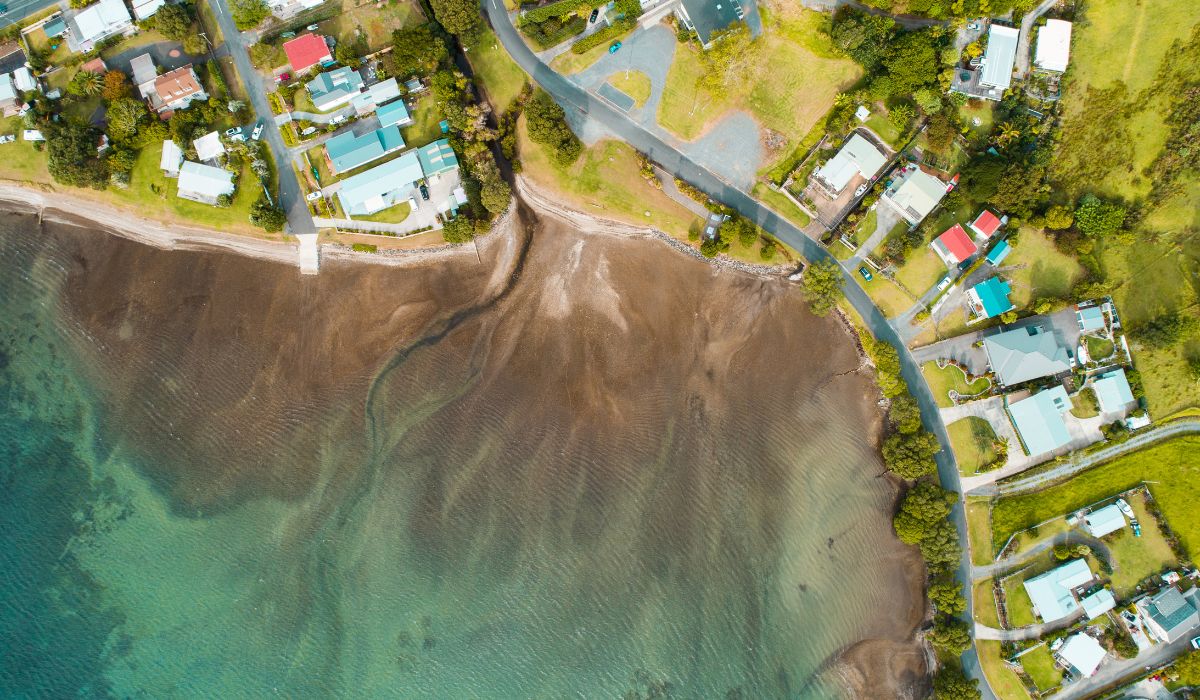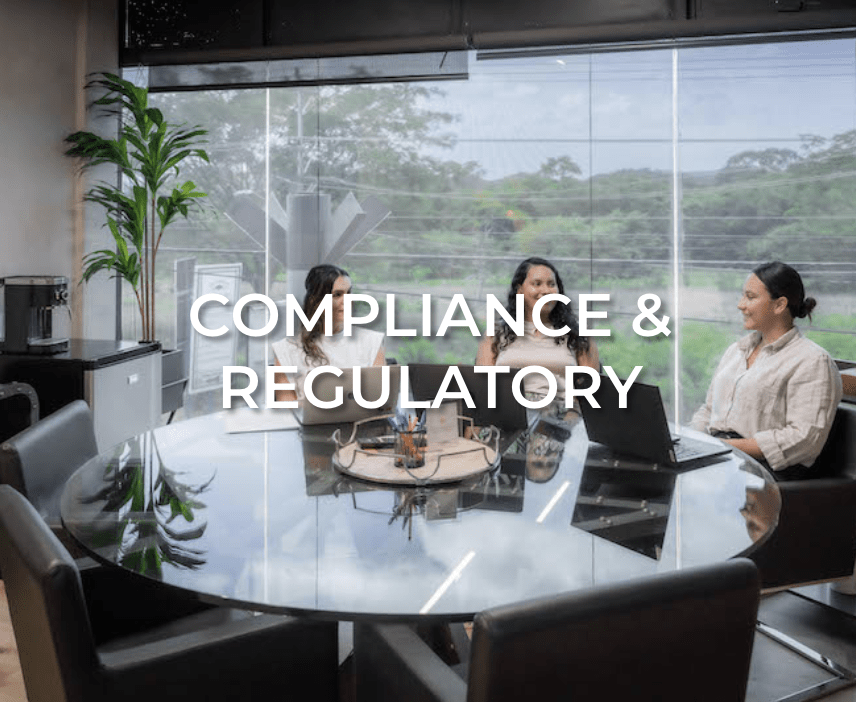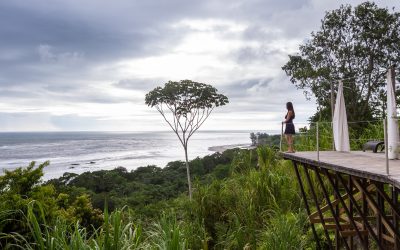

Understanding The Unique Legal Regime Of Properties In The Papagayo Gulf: 5 Things You Need To Know
by Quatro Legal Real Estate Team | April. 10, 2024 | Article, Real Estate

The properties in the Papagayo Gulf boast a distinctive legal status, setting them apart from conventional fee simple properties. These properties fall under the jurisdiction of the Papagayo Gulf Tourism Pole (PTGP), a specialized regulatory framework established in response to a comprehensive study conducted by the Central American Bank for Economic Integration in 1979.
In alignment with the study’s findings, a unique legal framework was crafted to govern the development and execution of the Papagayo Gulf’s tourism project.
Here are 5 things you need to know to understand the PTGP regime:
- The PTGP framework entailed the government’s expropriation of all lands earmarked for the project, subsequently incorporating them into the PTGP. Consequently, ownership transitioned from private individuals to the Costa Rican State. The government grants concessions to private parties over these properties.
- The PTGP operates under the supervision of the Costa Rican Tourism Board (ICT), guaranteeing compliance with established guidelines and regulations. The ICT has meticulously crafted a Master Plan for the Gulf, delineating authorized land uses within the project area. This Master Plan serves as the definitive reference for determining permissible developments. It outlines all technical requirements that any development within the zone must meet, ensuring adherence to specified standards
- Concessions are granted for up to 50 years and are supported by a robust legal framework that ensures a secure and profitable investment environment. Prestigious establishments like the Four Seasons Hotel operate within concessions under the PTGP
- Per ICT’s previous approval, concessions can be partially or totally transferred, mortgaged, subdivided, or leased. The applicable tax when transferring these concessions is set by the amount is US$3.39 per square meter of the concession area that is being transferred and is paid to the ICT. This amount is adjusted every five years, and the next adjustment is scheduled for 2027.
- Unlike properties located on the maritime zone land, in which restrictions for foreigners apply, concessions at the PTGP can be owned by foreigners, Costa Ricans, or by Costa Rican companies regardless of the shareholder’s nationality.
Acquiring property within the PTGP demands careful consideration and expert legal guidance. At Quatro Legal, we specialize in navigating the complexities of real estate transactions in Costa Rica. Whether you require clarity on concession regulations, tax implications, or other legal intricacies, our team is here to assist you every step of the way.
For more information please reach out to SONIA ARAGON at sam@quatro.legal
Disclaimer: The information provided in this blog post is for general informational purposes only and is not intended to constitute legal advice. While we strive to ensure the accuracy and timeliness of the content, laws and regulations are subject to change. For the most accurate and up-to-date information, please contact our office directly. Some images may be AI generated.
Get To Know Quatro Legal

We’re bringing empathy and excellence back to legal counseling. Quatro Legal is built on a bedrock of kindness, a passion for service, and a commitment to guiding you through your legal challenges with ease.
OUR SERVICES
EXPLORE BY
category
REAL
ESTATE
CORPORATE
COSTA RICA
LIFESTYLE
LABOR & EMPLOYMENT
CLIENT
TESTIMONIALS
FREE TRADE
REGIME
All Rights Reserved 2023 | Privacy











